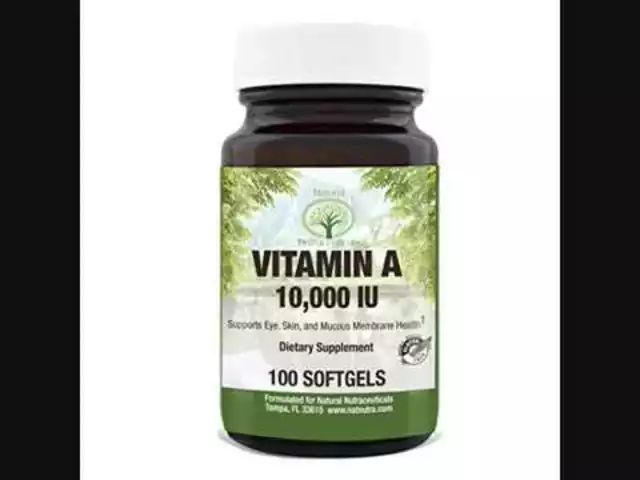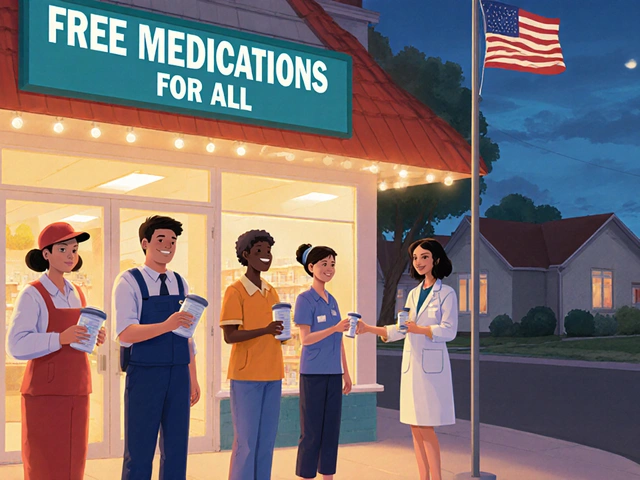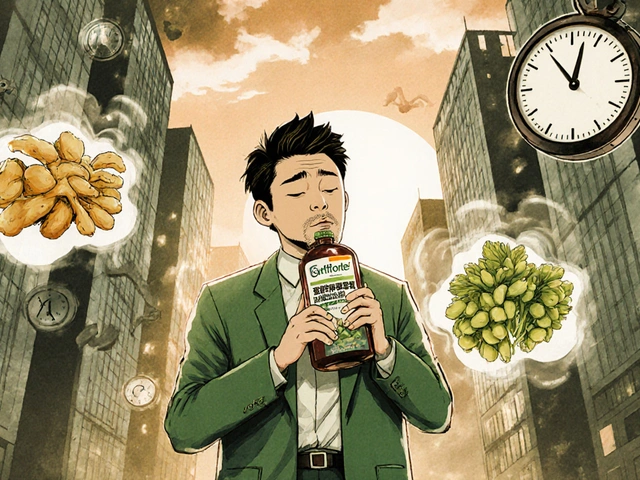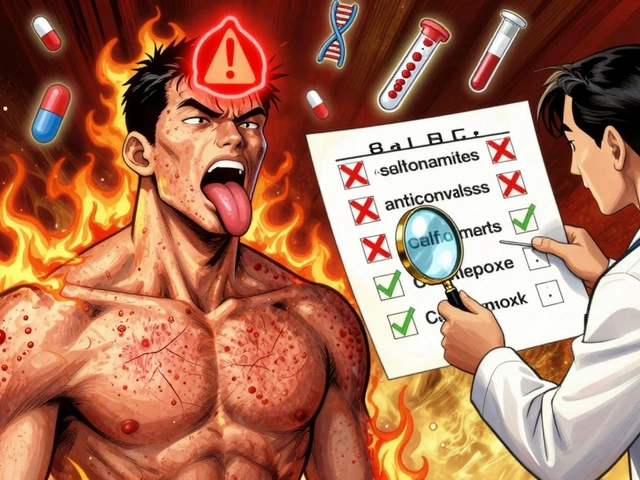Alcohol Use Disorder: What You Need to Know
If you or someone you know drinks a lot and it's causing problems, you might be dealing with Alcohol Use Disorder (AUD). It’s not just about drinking “too much”; it’s a pattern that messes with health, work, and relationships. The good news is that help exists, and small changes can make a big difference.
Common Signs & Symptoms
AUD shows up in many ways. You might notice cravings that feel impossible to ignore, or you keep drinking even when it hurts your body or budget. Missing work, hiding drinks, or feeling guilty after a night of booze are red flags too. Physical signs include shaking, sweating, or trouble sleeping when you try to cut back.
People often think they can quit on their own, but the brain gets used to alcohol’s effects. That’s why cravings linger and relapse is common without proper support.
Effective Ways to Manage AUD
The first step is admitting there’s a problem – no shame in that. Talk to a doctor or a trusted friend; professional guidance can point you toward therapy, medication, or support groups that fit your life.
Therapies like Cognitive Behavioral Therapy (CBT) teach you how to spot triggers and replace drinking with healthier habits. Medications such as naltrexone or acamprosate can reduce cravings when used under medical supervision.
Joining a group like Alcoholics Anonymous gives you community accountability. If meeting in person feels tough, online forums and tele‑health counseling are solid alternatives – many users find them less intimidating.
Every day you stay sober, celebrate the win. Simple actions—drinking water instead of beer, planning activities that don’t revolve around alcohol, or keeping a journal of moods—build momentum. Remember, recovery isn’t linear; setbacks happen, but they’re part of the process, not the end.
On this tag page you’ll find articles covering related topics like medication side‑effects, mental health links, and tips for cutting back safely. Use the list below to explore deeper insights that match your situation.
Take the first step today: reach out, set a small goal, and keep moving forward. You don’t have to face Alcohol Use Disorder alone.
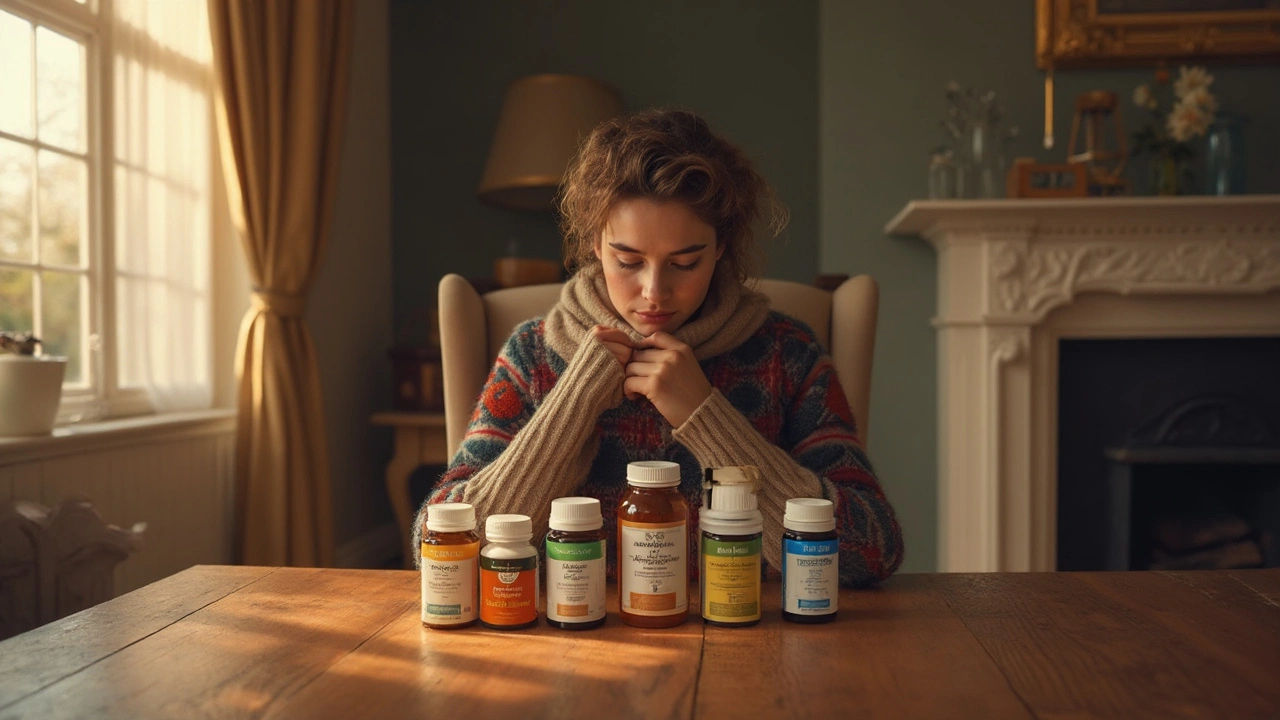
Exploring Alternatives to Antabuse: Effective Alcohol Dependency Treatments
This article delves into six alternatives to Antabuse for the treatment of alcohol dependency. It explores each option's unique benefits and drawbacks, providing insights into their mechanisms and uses. With factual data, the article aims to educate those seeking assistance beyond Antabuse. Readers will gain a well-rounded understanding of each alternative's pros and cons, aiding their journey toward sobriety.
Detail
